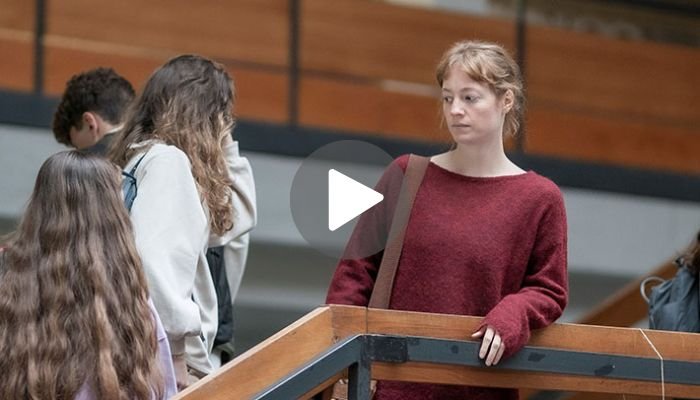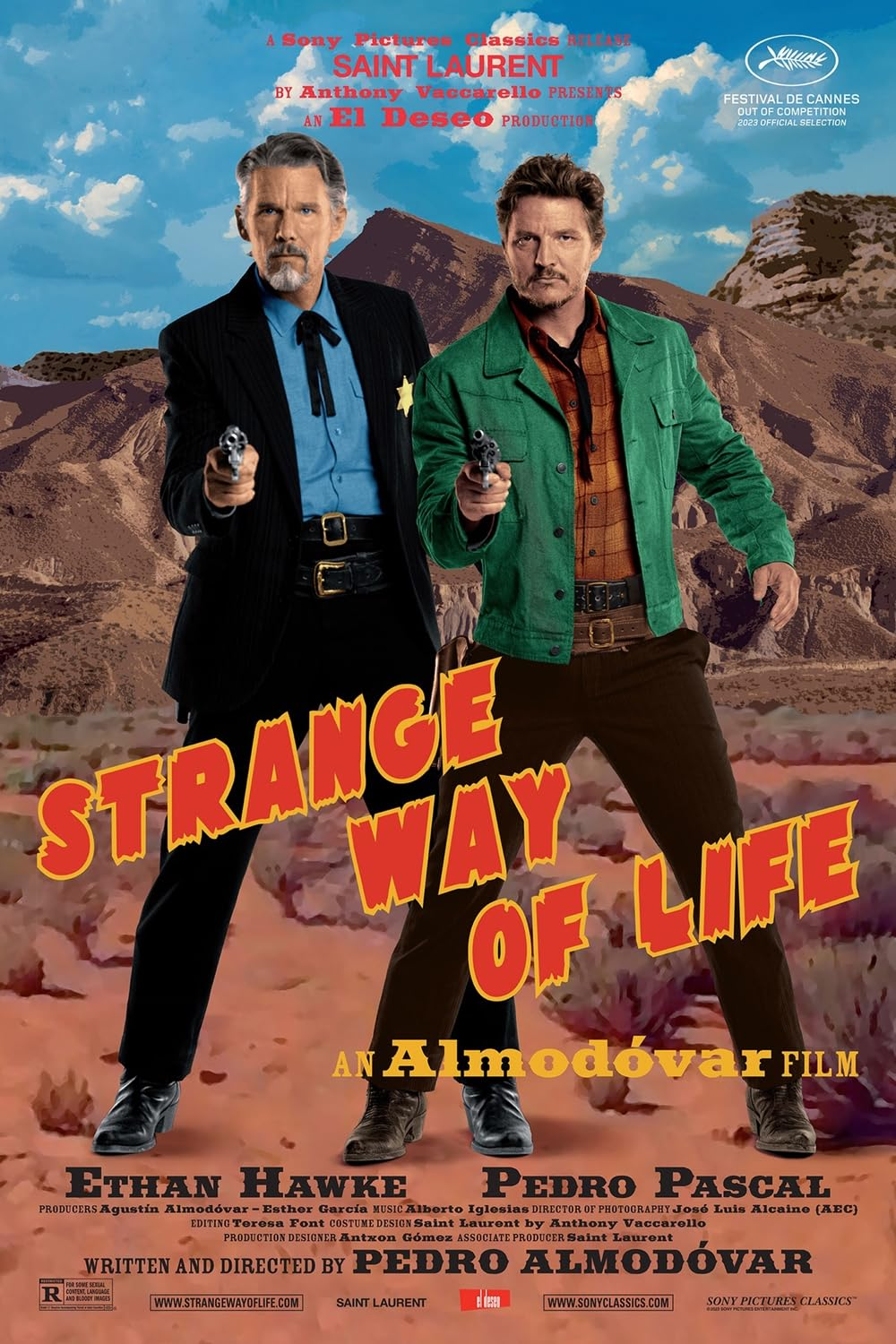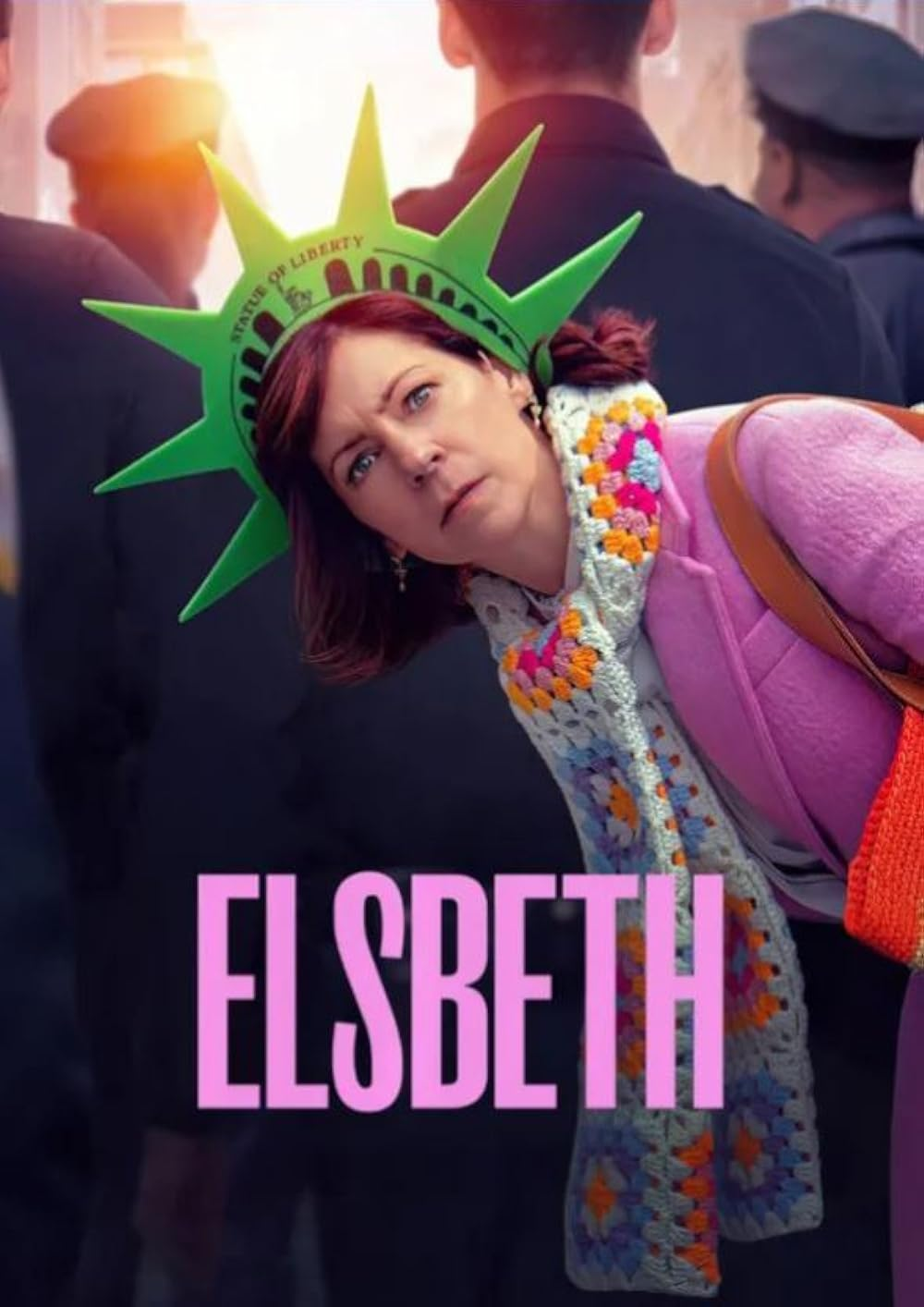
“The Teacher’s Lounge” is fantastic. Since “Uncut Gems,” there hasn’t been a thriller of this kind where every decision made by each character seems so realistic and terrible that it’s horrifying to watch. I’m not entirely sure if it deserves the somewhat anticlimactic, arthouse-y, “You decide what happens next” ending that it winds up giving us; but that’s such an infinitesimal portion of the movie’s compact runtime, the rest of which puts us in the headspace of a young teacher at a German secondary school where everyone’s hinky and paranoid due to an outbreak of thefts, and making choices they’ll deeply regret later if they have any decency (some may not).
Carla Nowak (Leonie Benesch, also terrific in “The Crown”) is a Polish emigre teaching math and PE. She’s an idealist about education and citizenship—about people looking out for one another as their default setting. She means well—she sticks her nose in when she probably shouldn’t; but only because she really wants everybody to be OK. When one of her kids gets pulled out of class to be accused of stealing (an anonymous tipster ratted him out after noticing how much cash he has in his wallet), Carla has to sit through a meeting with the boy and his parents while they explain that they gave him the money so he could buy a video game, and suggest that racism (they’re Turkish) put them in this awful position.
It seems plausible. Carla buys it. But the incident deepens her fears about theft. The next time she takes a break outside the teachers’ lounge and has to step away from it for a few moments, she leaves her laptop open with its video camera running. When she comes back inside, some cash is missing from the wallet she left in her coat pocket on top of her chair. A look at the recording shows somebody taking money from her wallet while she was out of the room.
And this is where the movie reveals itself as a paranoid thriller; just like you never see who accused that boy of stealing, or whether he stole cash from somebody else, you also don’t really see who took Carla’s money—just one sleeve of a blouse with a star pattern on it. The same type of blouse was worn by a woman who works in an office adjacent to the teachers’ lounge, only a few feet away; and she would’ve seen Carla leave the lounge because there’s a huge plate-glass window through which she can plainly observe it. We’re on Carla’s side when she identifies this woman as the thief, because what are the odds that two women in such a small school would wear the same distinctive item of clothing on the same day?
But as the film progresses and things get more complicated, we begin to question ourselves – as does Carla, who soon wishes she had kept quiet about the theft and everything else. It turns out that the member of staff she accused has a son in her class who becomes understandably upset and angry when his mother is suspended pending an investigation. It seems that he then embarks upon a campaign to turn his classmates against her parents; I say “seems” because although the boy tells Carla explicitly that she must apologise to his mother or face consequences, we don’t know what, if anything, he did to follow through on this threat. Throughout, Çatak offers us closeups of various individuals which prompt us to think “That person is lying” or “That person is a thief” or simply “That person is plotting against Carla.” But so firmly does the movie inhabit Carla’s point-of-view that we are led to doubt our own judgments as frequently as she doubts hers. (It transpires that even making the recording laces her job in jeopardy: there appears to be a law or rule against unauthorised personal surveillance on the premises, which she has broken.)
The best way of understanding it is probably to see it as some kind of parable where a commonplace institution is depicted realistically and with correct procedural detail but also stands for a wider system or set of ideals – like the jury room in Twelve Angry Men or the ship in a mutiny story. The film deals with national, racial and class resentments as subtly as it handles anything else: they are part of everything that happens (Carla herself comes in for a bit of ‘othering,’ being Polish). But we can’t be sure about them because so much goes on off our (and her) screen. The direction, cinematography (by Judith Kaufmann) and editing (by Gesa Jäger) are all exceptional: each choice is bold and exact but never feels fussed over. Simplicity is the thing. A lot of the time we are watching steady handheld shots of people talking, walking, moving through the frame; often without music, although composer Marvin Miller’s dissonant, unsettling strings sometimes rise up and seem to whirl around Carla and poke at her.
You know when you have one of those days or weeks where something bad happens and your reaction to it makes things worse; then the response to your reaction triggers an escalation that makes everything still worse; and so on and so forth, until it feels like you’re digging yourself further into a hole? That’s The Teachers’ Lounge. Some of you will read this sentence and think “Thanks for letting me know: I’ll never watch it,” while others will set about finding a copy forthwith.
If you do see it, you’ll feel that you have been shown a film rather than another piece of bland “content” – something with its own theme and distinct aesthetic and strong personality. Çatak has tapped into an area of the thriller which has hardly been explored hitherto but promises to shed light on quotidian existence in ways beyond number.
Watch free movies on Fmovies







